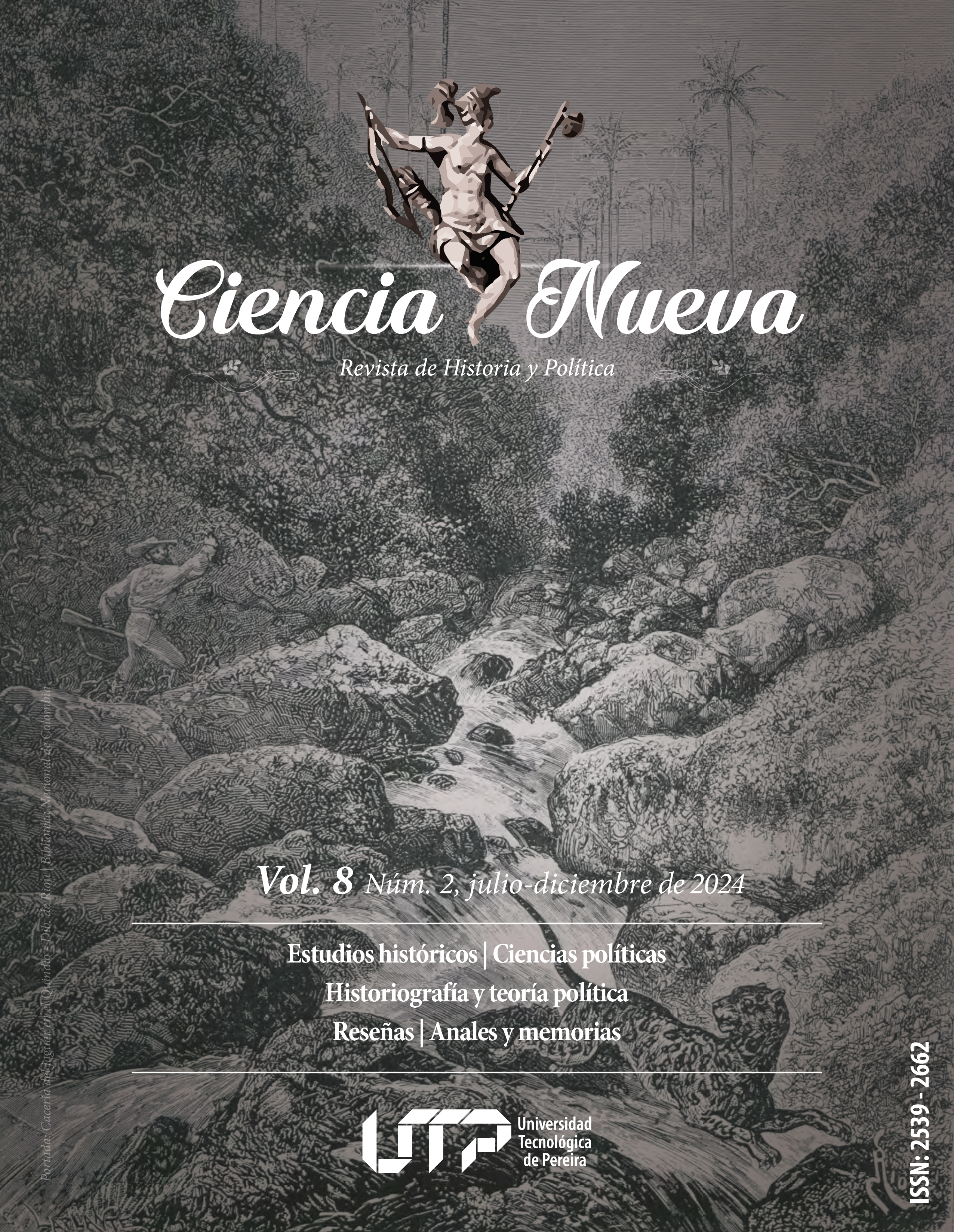Examining the Energy-Water Nexus in Hydroelectric Conflicts: A Global Analysis
DOI:
https://doi.org/10.22517/25392662.25603Keywords:
sustainability, hydroelectric, conflict, water, energyAbstract
The pursuit of goals related to the Agenda 2030 often relies on nonviolent strategies centered on natural resources. Hydroelectric power plants frequently emerge as points of conflict on a global scale. This study investigates the roles of these installations as conflict scenarios from 1957 to 2018. It is limited to the analysis of freshwater-based energy systems, excluding disputes related to water desalination or aquifers, as well as controversies over dams lacking power plants. The article seeks to illustrate how hydroelectric energy production has triggered conflicts in different parts of the world. Findings highlight the vulnerability of these energy stations due to various motivations: territorial control, protection of national interests, and access to water. This vulnerability manifests through incidents such as terrorist attacks or military tactics directly impacting hydroelectric infrastructure, resulting in consequences ranging from water supply interruptions to significant environmental damage. Understanding the intersection of energy and water in the context of hydroelectric conflicts is crucial for advancing towards a more sustainable and peaceful future. Furthermore, the analysis of these hydroelectric conflicts not only provides a deep understanding of current challenges but also offers opportunities for the development of policies and strategies that promote international cooperation and sustainable management of water and energy resources, contributing to global stability and environmental stewardship.
Downloads
Downloads
-
Vistas(Views): 487
- PDF (Español (España)) Descargas(Downloads): 229
- HTML (Español (España)) Descargas(Downloads): 20
Published
How to Cite
Issue
Section
License
Copyright (c) 2024 José Antonio Peña-Ramos, Miguel Borja Bernabé-Crespo, Chiara Olivieri

This work is licensed under a Creative Commons Attribution-NonCommercial-NoDerivatives 4.0 International License.
For all articles published in Ciencia Nueva, revista de Historia y Política, the ownership of the exploitation rights of the contents of the journal belongs to the author(s).
The works of this magazine are under the Creative Commons Recognition-NonCommercial-DerivativeLicense:




